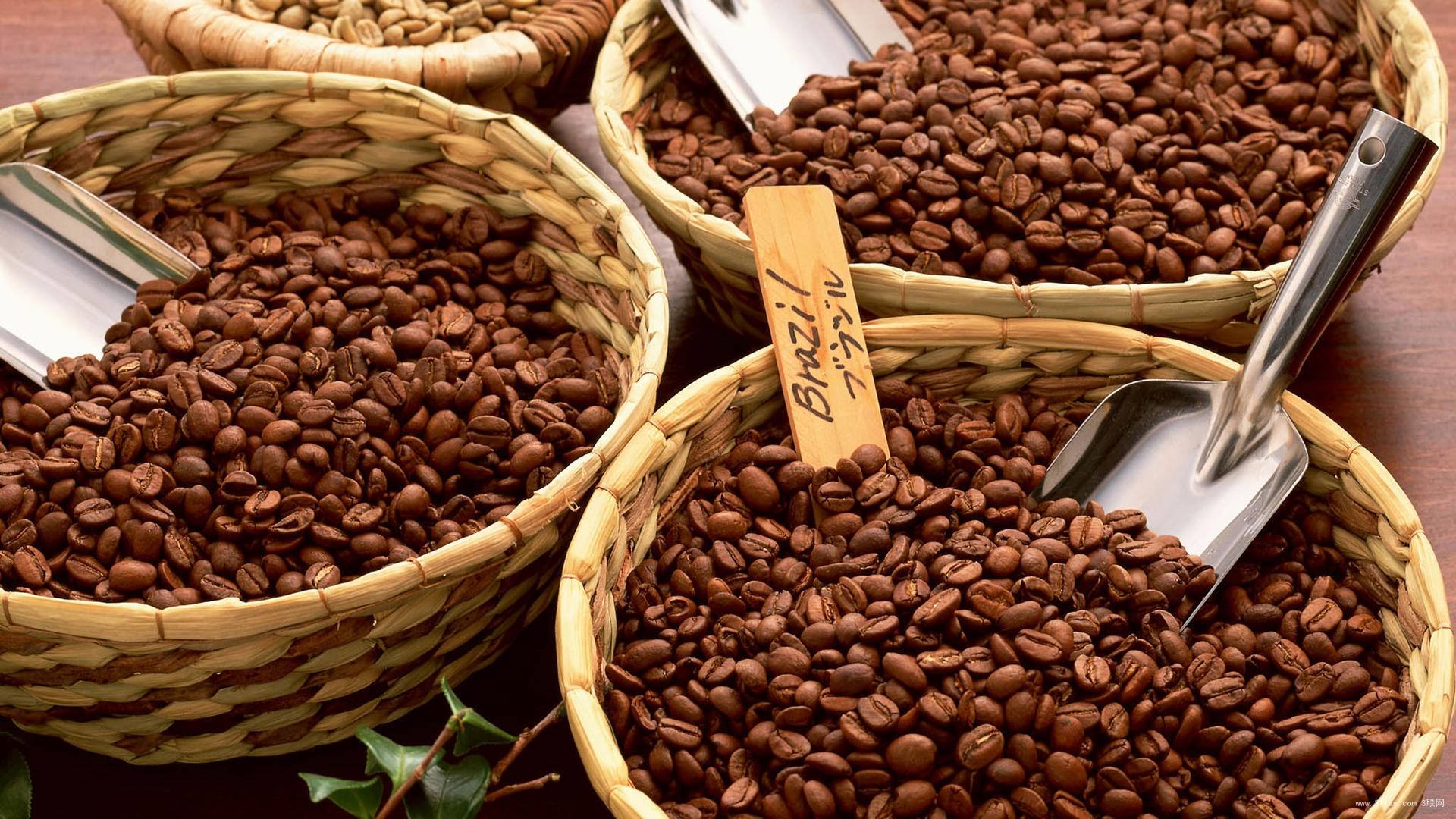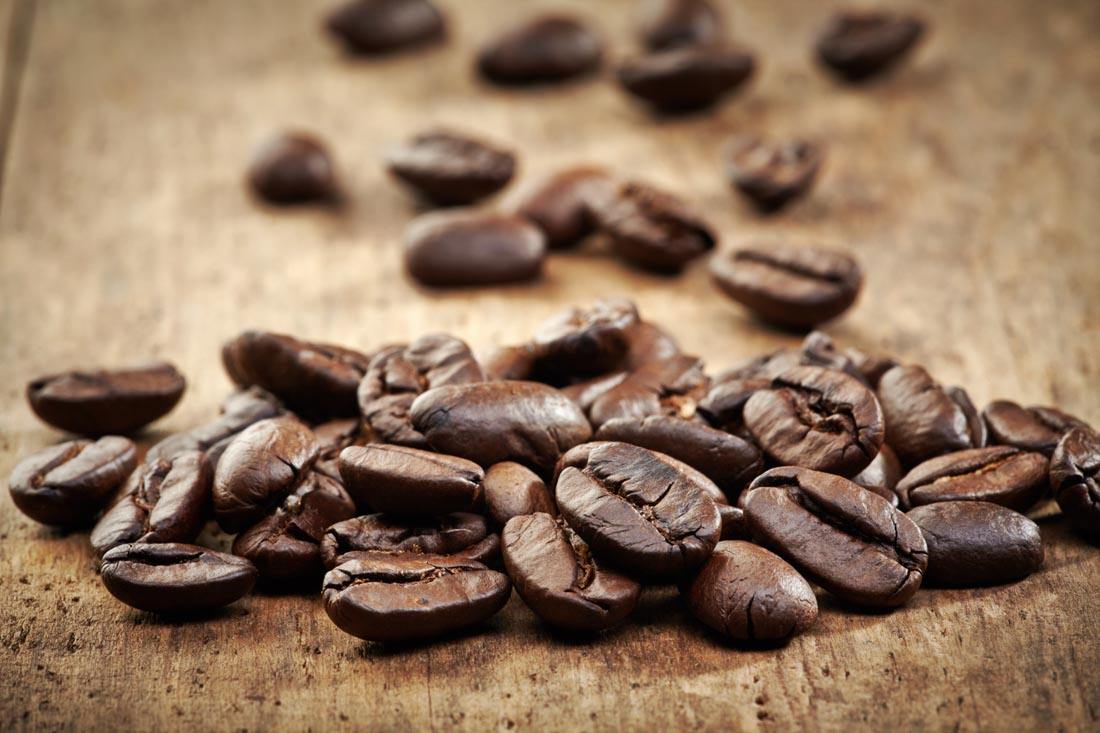Characteristics of Tanzanian Coffee, Historical Source of Tanzanian Coffee
Follow the caf é (Wechat official account vdailycom) and found that Beautiful Cafe opened a small shop of its own.
Coffee exports from Tanzania (Tanzania) play an important role in the whole national economy. Bean-shaped berry coffee is very productive and is said to be more fragrant than ordinary coffee. Generally speaking, the coffee beans in Tanzania have an extraordinary quality. For example, the fine Tanzanian AA coffee (Chagga AA), produced in the Moshi district near Mount Kilimanjaro, is famous for its full-grained and fragrant quality.

Due to political instability and rampant diseases and insect pests, the coffee industry in Tanzania has been damaged, resulting in a decline in the overall level of coffee and instability in quality, which in turn lead to lower prices, which is usually the result of a further decline in the coffee industry. What's more, it is estimated that more than 12% of the Arabica coffee grown in northern Tanzania from 1969 to 1985 was smuggled into Kenya. Recently, however, the country's coffee industry has shown signs of improving. Although the process of improvement is slow, it is still encouraging because, after all, the quality of coffee in Tanzania is excellent.
In the past, the coffee industry in Tanzania has been dominated by manor cultivation, but now more than 85% are grown by small farmers. Many small farmers are combined into cooperative organizations, the most important of which is the Kilimanjaro Cooperative Alliance (Kilimanjaro Cooperative Union, referred to as KNCU). Tanzanian coffee is sold by the Tanzanian Coffee Management Council (Tanzanian Coffee Marketing Board, TCMB) to private exporters by auction. In the 1980s, most coffee sales in Tanzania changed from auctions to being sold directly to the Coffee Management Committee of Tanzania, and the coffee industry is being reformed to allow individuals or groups to buy coffee in the future. at that time, coffee will have to be graded in different ways in order to attract buyers from Germany, Finland, Belgium and Japan.
Coffee producing areas in Tanzania:
Coffee bean-shaped berry coffee in Tanzania produces a lot of coffee and is said to be more fragrant than ordinary coffee. Generally speaking, coffee beans in Tanzania have extraordinary quality. For example, the fine Tanzanian AA coffee (ChaggaAA), produced in the Moshi district near Mount Kilimanjaro, is famous for its full-grained and fragrant quality.
The characteristics of Tanzanian coffee:
Flavor: full-bodied and refreshing, with lower acidity than Kenyan coffee, pure flavor and aroma
Suggested baking method: medium baking
★★: good
Market for coffee in Tanzania:
Coffee exports from Tanzania (Tanzania) play an important role in the whole national economy.
In the past, the coffee industry in Tanzania has been dominated by manor cultivation, but now more than 85% are grown by small farmers. Many small farmers form cooperative organizations, the most important of which is the Kilimanjaro Cooperative Alliance (KilimanjaroCooperativeUnion, referred to as KNCU). Tanzanian coffee is sold by the Tanzanian Coffee Management Council (TanzanianCoffeeMarketingBoard, TCMB) to private exporters by auction. In the 1980s, most coffee sales in Tanzania shifted from auctions to being sold directly to the Tanzania Coffee Management Committee.
That has changed and the coffee industry is being reformed to allow individuals or groups to buy coffee in the future, when coffee will be graded in different ways in order to attract buyers from Germany, Finland, the Netherlands, Belgium and Japan.
Important Notice :
前街咖啡 FrontStreet Coffee has moved to new addredd:
FrontStreet Coffee Address: 315,Donghua East Road,GuangZhou
Tel:020 38364473
- Prev

Is Blue Mountain Coffee beans good or not? how to identify Blue Mountain Coffee?
Following Cafe Review (Wechat official account vdailycom) found that Blue Mountain Coffee beans opened a small shop of its own. Jim, general manager of Pitt, a company famous for coffee and tea in the United States, said of Blue Mountain Coffee: it tastes fragrant, smooth, mellow and makes me feel like a precious stone. It is precisely because the taste of Blue Mountain coffee is moderate and perfect, so
- Next

Description of coffee flavor in Tanzania, distribution of coffee producing areas in Tanzania
Following Kaiping (Wechat official account vdailycom) found that Beautiful Cafe opened a small shop of its own. Coffee exports from Tanzania (Tanzania) play an important role in the entire national economy. Bean-shaped berry coffee is very productive and is said to be more fragrant than ordinary coffee. Generally speaking, the coffee beans in Tanzania have an extraordinary quality. For example, begging nearby
Related
- Detailed explanation of Jadeite planting Land in Panamanian Jadeite Manor introduction to the grading system of Jadeite competitive bidding, Red bid, Green bid and Rose Summer
- Story of Coffee planting in Brenka region of Costa Rica Stonehenge Manor anaerobic heavy honey treatment of flavor mouth
- What's on the barrel of Blue Mountain Coffee beans?
- Can American coffee also pull flowers? How to use hot American style to pull out a good-looking pattern?
- Can you make a cold extract with coffee beans? What is the right proportion for cold-extracted coffee formula?
- Indonesian PWN Gold Mandrine Coffee Origin Features Flavor How to Chong? Mandolin coffee is American.
- A brief introduction to the flavor characteristics of Brazilian yellow bourbon coffee beans
- What is the effect of different water quality on the flavor of cold-extracted coffee? What kind of water is best for brewing coffee?
- Why do you think of Rose Summer whenever you mention Panamanian coffee?
- Introduction to the characteristics of authentic blue mountain coffee bean producing areas? What is the CIB Coffee Authority in Jamaica?

